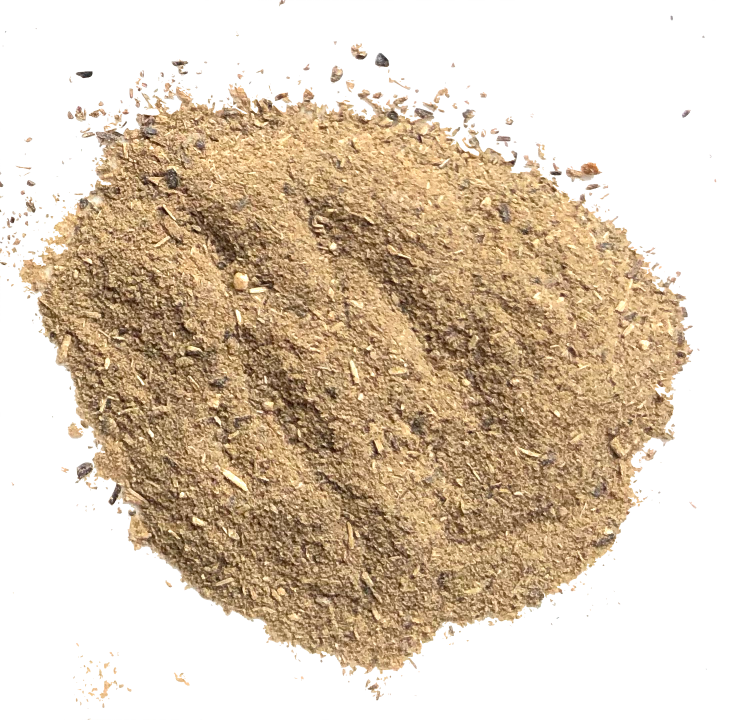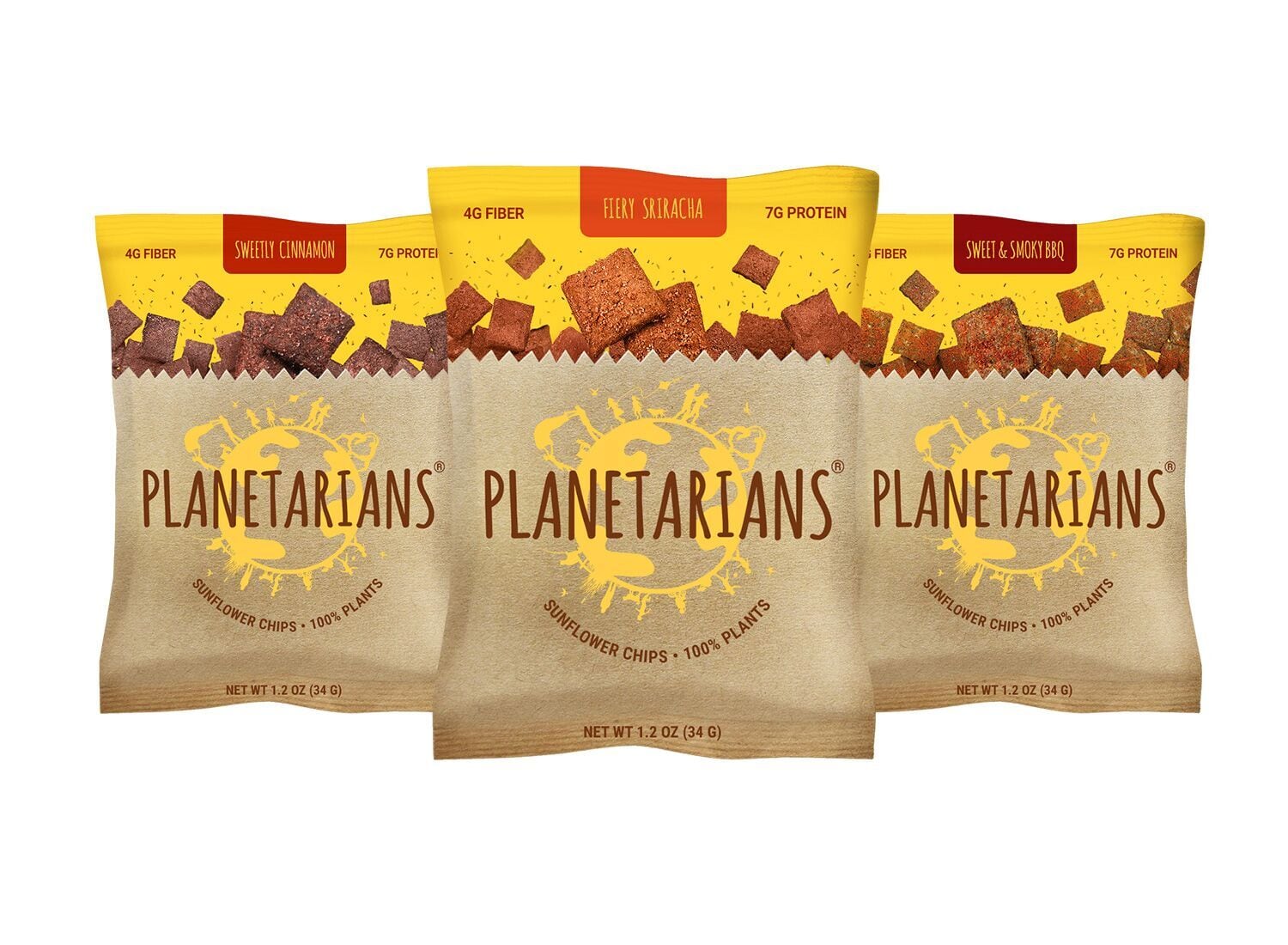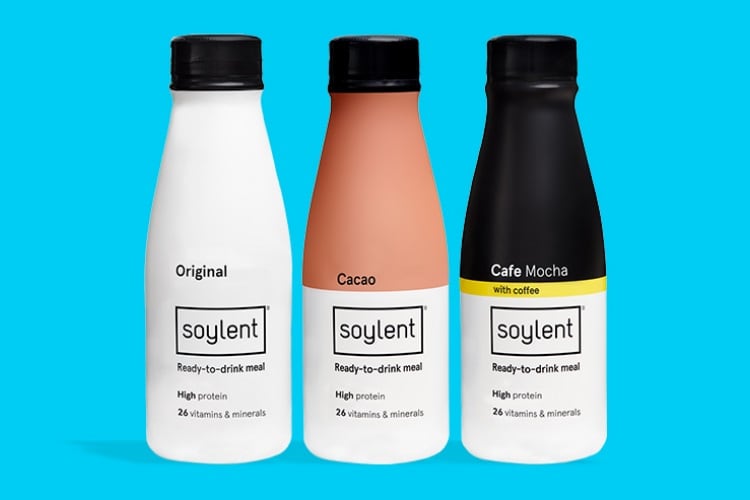The idea of upcycling defatted sunflower seeds into a protein enriching ingredient was one born of pragmatism, Aleh Manchuliantsau reflected.
Working in a company developing meal replacements in the beverage sector, the team was sourcing ingredients for a new beverage in development. “We stumbled upon defatted sunflower seeds. Defatted seeds are the dry matter that’s left after oil extraction from the seed,” Manchuliantsau told FoodNavigator.
“What initially caught my attention was that the oilcake of sunflower seeds was extremely cheap. I remember, I used to pay $5,000 for metric ton of soy protein, here I could pay only $170. It’s 30 times less expensive.”
While Manchuliantsau was immediately “very excited” to find this cheap source of protein, there were barriers to use: “It was high in fiber, low in lysine and the green color made food products unappetizing.”
The food scientists that were to become start-up Planetarians persevered. Using their own funds, in a development process that took 18 months, the group was able to produce its SunMeal ingredient, which it debuted at the IFT trade show in Chicago this July.
“When we figured out how to break down the fiber and made protein palatable for human consumption, how to balance amino acid profile and increase the protein quality and how to get rid of green color - we understood that we unlocked something bigger than just a cheap source of protein for one of our formulations.”
A cheap and nutritious alternative protein
Planetarians’ innovation was first and foremost driven by the potential to unlock value in what was otherwise a waste stream. As a result, Manchuliantsau explained, the group can deliver its SunMeal ingredient at a highly competitive price point.
“When we were initially exploring plant-based protein ingredients, cost was the driving factor that led me to sunflower oilcake. Planetarians flour matches the cost of all-purpose flour,” he noted.
At this cost point, it delivers a number of nutritional benefits associated with high-end plant protein ingredients. SunMeal contains 35% protein, 18% fibre and just 1% fat.
Given its fibre content, SunMeal is most suited to use in baking mixes, baked foods and snacks, Manchuiantsau said. “We’ve been experimenting in our test kitchen with everything from pancake mixes, pizza crust, burger buns, protein bars, pasta and more,” he noted.
In order to provide proof of concept, the company sells Planetarians sunflower chips, available on Amazon and posting strong sales growth. "Our chips contain triple the amount of protein, double the amount of fiber, and 70% less fat than standard potato chips. During our demo day at [start up accelerator] Techstars, we were able to raise money for market testing, manufacturing and a launch on Amazon in the Spring of 2018. Market tests demonstrated 69% average monthly growth.”
Properties per 100g bread

Traditional bread:
- Protein 3.5-7g
- Fibre 2.45g
- Costs $0.0748
- Total Calories 366.69
Recipe with 30% Planetarians flour:
- Protein 15.86g
- Fibre 6.61g
- Costs $0.0736
- Total Calories 363.43
SunMeal’s taste and texture is not directly comparable to all-purpose flour, but with the appropriate recipe formulation nutritional benefits can be added to baked items with little impact on the sensorial experience, the food science entrepreneur noted.
“The taste and texture of our product compared to all-purpose flour is quite similar. Swapping out a third of all-purpose flour for our flour keeps the taste and texture in line with products made from 100% wheat flour, doubling the protein and fiber content.
“You need to understand that you work with a triple protein amount compared to the all-purpose flour. And it’s gluten free. So you need to expect a more dense texture. But if you replace up to 30% of the flour in the formulation - you will hardly notice any changes.”
In terms of colour, the end product will be darker than if traditional all-purpose flour was used. “The colour of our baked goods and snacks is darker than traditional all-purpose flour close to the color of pumpernickel bread. Many people see the parallel between the craft and traditional beer from the bottle.
“Our ingredient is best thought of as a way to enrich common foods lacking nutrition, those containing 'empty calories’ can be transformed into far healthier options without sacrificing on taste.”
Why Sunflower?
Planetarians tech will work with many oily crops but the group has decided to focus on sunflower because:
- It’s allergen free and Non-GMO unlike soy protein
- It’s 5x cheaper than the pea proteins and is a good source of fiber
- It has 2x more protein than upcycled beer spent grains
Sustainability ‘spurred things forward’
While cost and protein content were primary sparks for the development of SunMeal, Manchuliantsau stressed the sustainability story is an important factor supporting the company’s growth.
“I admit that initially we were aiming to cut costs in finding a protein-rich source for developing our new product. However, the more well-versed we became in the benefits of upcycling sunflower oilcake, it became apparent that this would be the catalyst for accelerating our development. Just knowing the potential impact that such an ingredient has to disrupt markets influencing the social good spurred things forward at a faster pace.”
Manchuliantsau believes that the upcycled ingredient can help address the growing global demand for proteins. According to the company, the current annual supply of defatted sunflower seeds could feed 1.5bn people each year.
“The growth of our global population is projected to increase demands on the food supply by 70%, and meat consumption by 80% by 2050. Livestock agriculture already occupies 80% of farmland according to latest research published in Science, providing only 20% of our calories.”
Plant proteins are already more resource efficient, requiring less water, land, nitrogen and fossil fuels than comparative quantities of animal proteins. In addition, because SunMeal is made from a by-product of sunflower oil production, it represents an even more efficient use of resource still. “Upcycling, you don’t need to grow more crops, emit gasses, occupy more land,” Manchuliantsau stressed.
He believes the protein industry is “ripe for disruption”.
“In addition to feeding a growing population, concerns about the climate change and health issues are driving the choices (and thus prices) consumers make when purchasing foods containing plant-based proteins.”
‘Scrappy and agile’ qualities producing early success
While Planetarians believes the ingredient it has developed offers a number of unique selling points, Manchuliantsau concedes that the alternative protein space is highly competitive.
In attempting to schake-up the alternative protein ingredient space, the start-up plays David to the Goliath of some of the world’s largest ingredient suppliers. In this environment, Manchuliantsau said that Planetarians is able to leverage a “scrappy” and “agile” approach to product development as well as its involvement with the well-known Techstars start-up accelerator.
“Playing in such a competitive space like plant-based proteins is both rewarding and demanding. There’s no time to waste, so being responsive to consumer tastes and getting our product to market quickly is our priority. Luckily, many of the key players in the global plant-based protein market are corporate behemoths, companies like ADM, Cargill, and Dupont De Nemours, etcetera.
“When we entered Techstars as a means to accelerate our opportunity and development in the food tech space, I knew that choosing to go to market as a startup would provide me with several advantages. The scrappy and agile qualities inherent in startups have been crucial to our early success and have allowed us to quickly test, learn from failure, and test again.
”With an aim to create healthier products, use sustainable resources, and provide food for a growing population, we think that we need to work together, so we prefer to collaborate than compete.”
Planetarians is “only just beginning” to bring its ingredient to market. Already, the company has seen interest across the US, Canada and throughout much of Europe. “We’re currently working directly with customers, this gives us the control to collect the necessary market data and make informed decisions when we choose a trusted distributor that we know we can partner with,” Manchuliantsau revealed.




